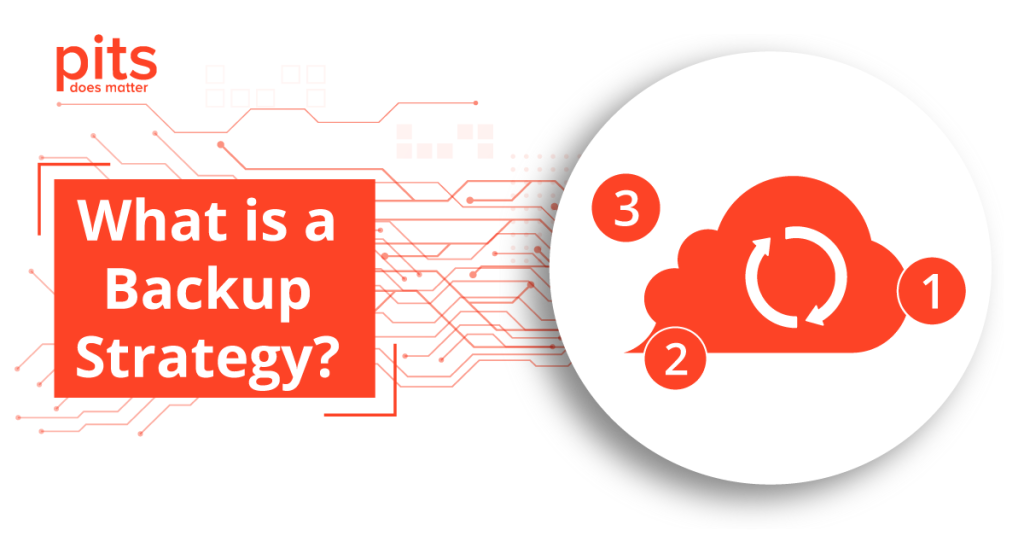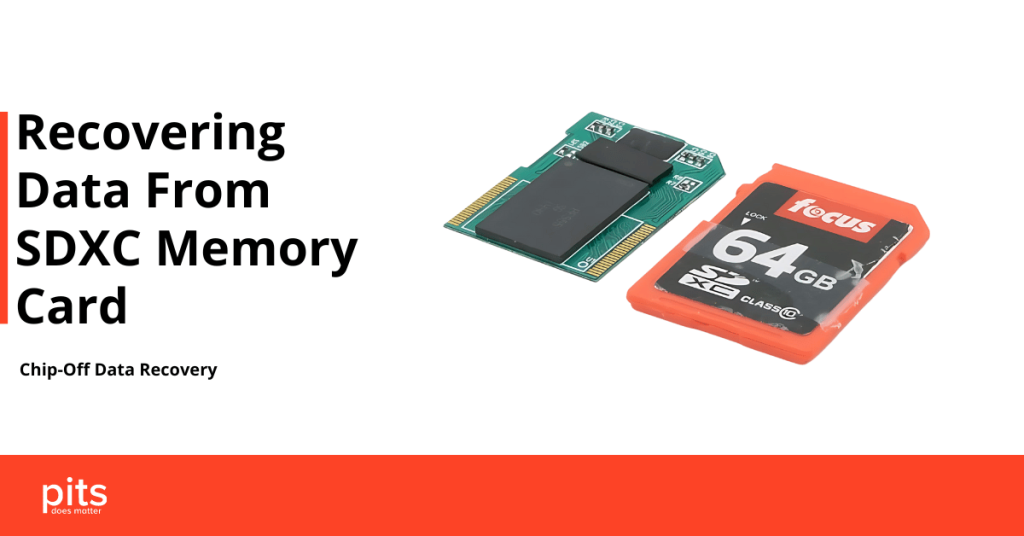USB drives have become a prevalent external storage option, superseding the once-ubiquitous floppy disks, thanks to their small size, significant storage capacity, and rapid data transfer rates. As a result, many users, ranging from students to professionals, now consider USB drives their primary storage solution.
Several types of USB drives are available, with different shapes, sizes, and uses. Here, we will discuss the most common types, including flash drives, pen drives, and thumb drives.
Flash Drives
Flash drives are a popular type of USB drive that has become a ubiquitous data storage and transfer tool. They are also known as USB flash drives or simply USB drives.
These drives are designed to use flash memory chips to store data, meaning they are more durable and less susceptible to damage from physical shock or exposure to magnetic fields like traditional disk drives.
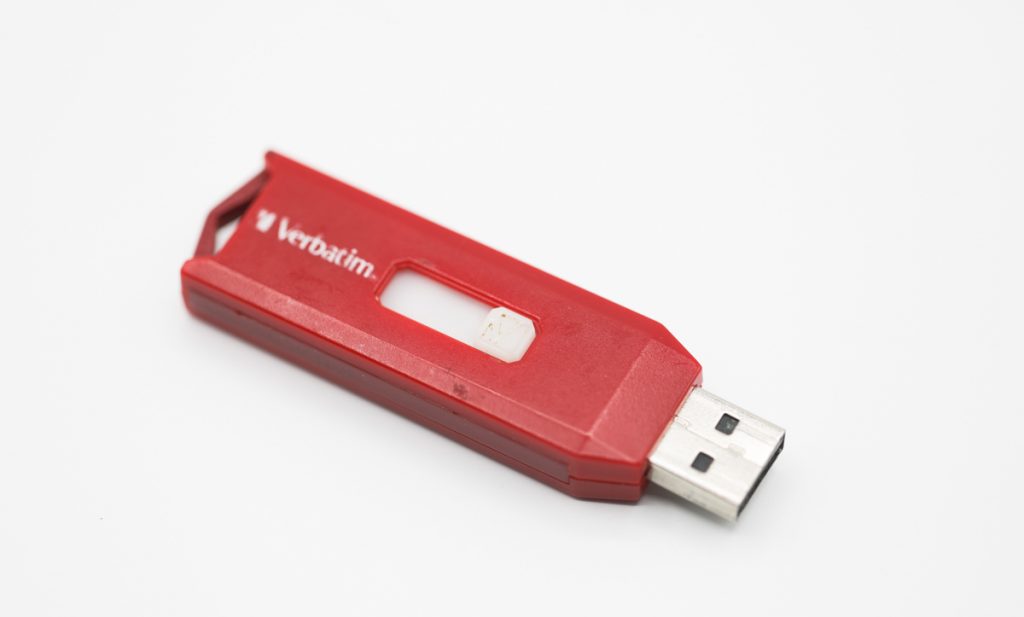
Flash drives come in various sizes and storage capacities, from a few megabytes to multiple terabytes. The most common storage capacity for flash drives is between 8GB and 128GB, but larger capacity drives are becoming more prevalent. The compact design of flash drives makes them highly portable, allowing users to carry important data with them wherever they go.
Flash drives are compatible with most operating systems and can be plugged into any USB port, making them an easy and convenient way to transfer files between computers or other devices. They are also faster than traditional disk drives, with USB 3.0 flash drives offering transfer speeds of up to 10 times faster than USB 2.0 drives. This makes them ideal for transferring large files quickly, such as high-resolution photos or video footage.
Pen Drives
Pen drives are portable data storage devices that are similar to flash drives in functionality but are distinguished by their elongated and pen-like shape. Pen drives, also known as USB pens, have become popular for storing and transferring digital files such as documents, music, videos, and photos. While pen drives share many similarities with flash drives, their unique shape offers certain advantages.
Their slim and slender design makes them easy to carry in a pocket or purse, and their sleek appearance adds a touch of elegance to their functionality. Additionally, some pen drives come with a clip or lanyard that allows users to attach them to a bag or keychain for added convenience.
Pen drives also come in various storage capacities, allowing users to choose a model that best suits their needs. They are available in sizes ranging from a few megabytes to multiple terabytes, with some models capable of storing up to 1TB of data.
This makes them ideal for storing large files such as high-definition movies, music albums, or extensive collections of photographs.
Thumb Drives
Thumb drives, also known as USB thumb drives, are portable data storage devices that connect to a computer’s USB port. They are similar to flash drives or USB drives but with a smaller physical size and often with lower storage capacity. Thumb drives are typically small enough to fit on a keychain, lanyard, or pocket, making them a popular choice for people who need to carry data with them on the go.
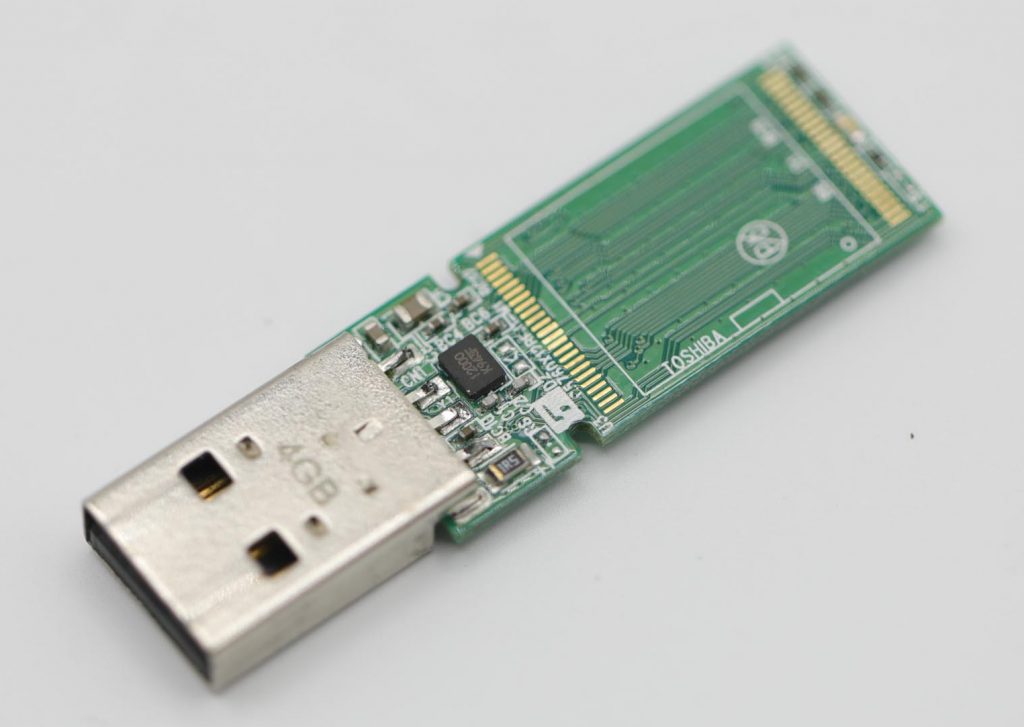
Despite their smaller size, thumb drives are reliable and efficient regarding data transfer speed. They are usually made from durable materials that withstand physical wear and tear. While their storage capacity may be lower than other types of USB drives, they can still hold a significant amount of data, including documents, photos, and music files.
One of the advantages of thumb drives is that they are generally more affordable than larger USB drives, making them an excellent option for budget-conscious users or those who only need to store a small amount of data.
Additionally, their small size and ease of portability make them an ideal choice for students, business professionals, and anyone who needs to access data from multiple computers or devices.
Factors You Should Consider When Choosing USB Drive
When you want a USB drive, you must ensure that the drive you choose is compatible with your computer’s operating system. This is because different operating systems may have varying requirements, and not all USB drives may be compatible with all of them.
While most USB drives work with Windows computers, some may need help with Mac or Linux operating systems. Therefore, it is crucial to check the USB drive’s compatibility before purchasing it.
Apart from compatibility, it is also important to consider the speed and storage capacity of the USB drive. USB 3.0 drives are faster than USB 2.0 drives, so they can quickly transfer data.
So, if you frequently transfer large files, a USB 3.0 drive may be more suitable for your needs. Furthermore, consider purchasing a USB drive with a larger storage capacity if you need to store more data.
This will allow you to save more files and documents without worrying about running out of space. When buying a USB drive, it is important to consider compatibility, transfer speed, and storage capacity. This will help you choose the best device for your requirements.
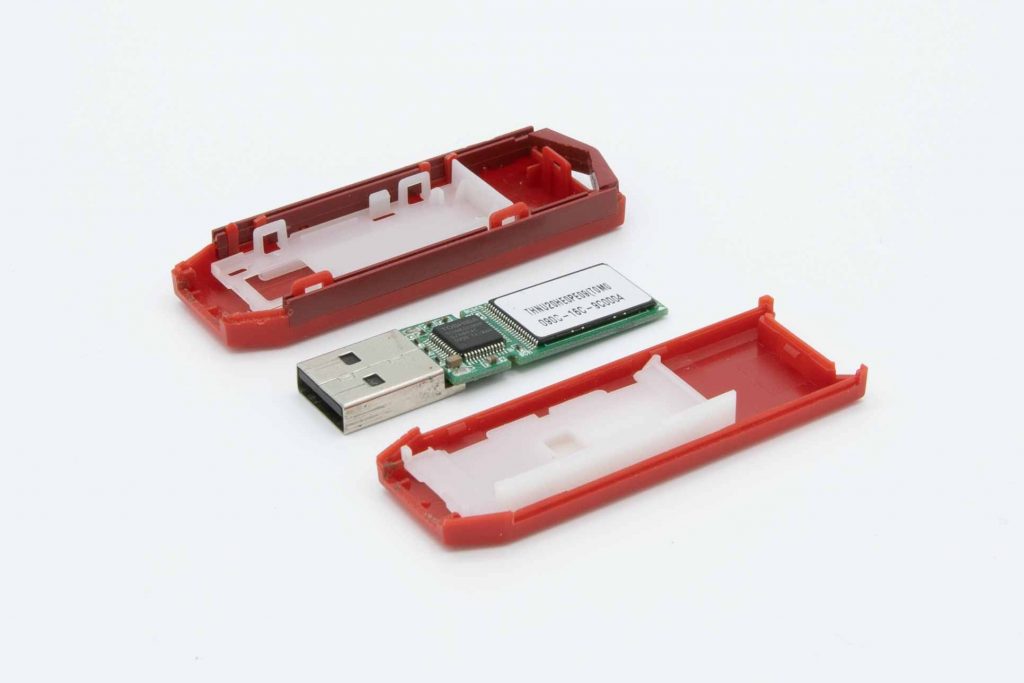
USB drives are essential for anyone who needs to store or transfer data between devices. When choosing a USB drive, it is important to consider compatibility, transfer speed, and storage capacity. Additionally, it is advisable to back up important data to a more reliable storage solution for added security.
Data Recovery of USB Drives with PITS
Experiencing data loss can be an irritating situation that can occur unexpectedly to anyone. If your computer fails to detect a USB device such as a flash drive, it’s crucial to avoid getting overwhelmed and attempting to rectify the problem using the software. In the event of potential data loss, it would be beneficial to seek the services of a professional company. Rather, contacting a reliable data recovery service like PITS Global Data Recovery Services for secure and efficient data recovery remedies is advisable.
Why Choose Us
PITS Global Data Recovery Services delivers premium data recovery solutions with a focus on quality and individual care for every case. As a DUNS-verified business, we are committed to excellence, ensuring 100% customer satisfaction. Our tailored service options suit a range of recovery needs and budgets. For critical situations, we offer emergency data recovery, restoring data quickly and reliably without compromising quality.

If you’re facing a data loss situation, don’t hesitate to contact us. Our 24/7 data recovery services are available to you, 365 days a year. Let us help you recover your precious data today.

We start the recovery process with a risk-free evaluation. Our technicians estimate reasons for data loss and the level of damage. Based on it, we select the most suitable recovery strategy.

With years in the data recovery industry, our company supports the highest customer satisfaction rate. We do everything to provide a positive experience for our clients.

During our remote customer file verification session, you will thoroughly review all necessary documents and records to ensure accuracy and compliance.

We offer data recovery services from over 50 locations across the US. This means that no matter where you are located, you can access our services to recover the data.

With our certified data recovery services and 99% success rate, we are confident that we can recover your precious data and get you back up and running in no time.
Our clients can rely on us for round-the-clock emergency services, especially during critical situations. Our data recovery procedure is meticulous and precise, guaranteeing our client’s data’s secure and effective retrieval. Additionally, we conduct verification sessions to ensure all retrieved data is complete and functional, instilling confidence in our clients that their data is safe and secure.
Get your case started with our engineers today by completing the form below. Our customer service representative will contact you at your earliest convenience. Choose PITS Global Data Recovery Services to handle your case; we guarantee you won’t regret it.
Frequently Asked Questions
What is a USB drive?
A USB drive, also known as a USB flash drive or thumb drive, is a portable storage device that uses flash memory to store and transfer data. It connects to a computer or other compatible devices through a USB (Universal Serial Bus) port and provides a convenient way to carry and transfer files. USB drives are small, lightweight, and easy to use, making them popular for personal and professional use.
What are the common storage capacities of USB drives?
USB drives are available in a range of storage capacities to accommodate different needs. Common storage capacities include 8GB, 16GB, 32GB, 64GB, 128GB, 256GB, and even higher capacities. The choice of storage capacity depends on factors such as the amount of data you need to store and transfer, as well as your budget.
It’s important to consider your requirements when selecting a USB drive’s storage capacity. If you primarily use it for basic file storage and transfer, smaller capacities may suffice. However, if you deal with large files, multimedia content, or require a portable backup solution, larger capacities provide ample space.
Are USB drives compatible with all devices?
USB drives are designed to be compatible with a wide range of devices that have a USB port. This includes computers, laptops, gaming consoles, media players, smart TVs, car audio systems, and many other devices. USB is a universal standard, making USB drives compatible with various operating systems, such as Windows, macOS, Linux, and more.
However, it’s important to note that while USB drives are widely compatible, there can be some limitations. For instance, certain devices may have limited or no support for USB storage. Additionally, different devices may support different file system formats, such as FAT32, exFAT, or NTFS. It’s essential to ensure that the device you plan to use the USB drive with supports USB storage and the appropriate file system format.
Are USB drives waterproof or resistant to physical damage?
USB drives are available in various durability ratings, including water-resistant and shock-resistant models. Some USB drives feature rugged designs with protective casings that offer water resistance, shock resistance, or both. However, it’s important to check the product specifications and ratings to ensure that a particular USB drive offers the desired level of durability.
Can USB drives be used for operating system installations?
Yes, USB drives can be used to create bootable media for operating system installations. This is a convenient method to install or reinstall operating systems on computers or laptops. By creating a bootable USB drive with the operating system’s installation files, you can easily install the OS on a computer by booting from the USB drive. This method is often faster and more convenient than using traditional installation discs.
Can USB drives be encrypted for added security?
Yes, many USB drives offer built-in encryption features or can be encrypted using third-party software. Encryption protects the data on the USB drive by encoding it with a password or encryption key. This ensures that even if the drive is lost or stolen, the data remains inaccessible to unauthorized individuals. Encryption adds an extra layer of security to sensitive information and is particularly important when carrying confidential or personal data on a USB drive.

